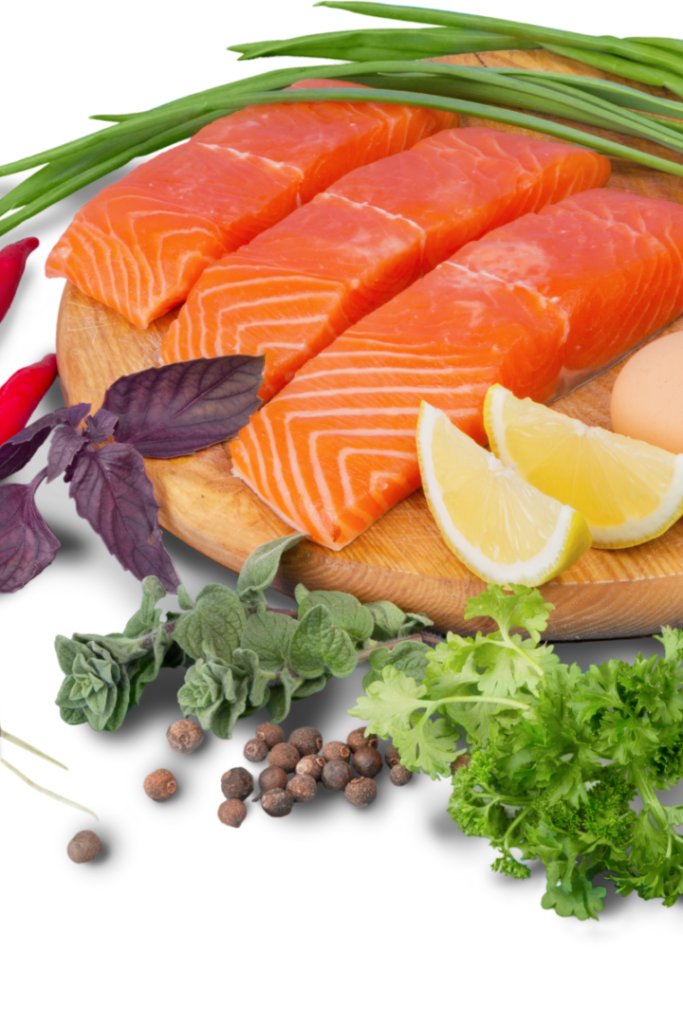Protein
By Briana Brown, NTP, CF L1

Macronutrients-carbohydrate, protein, and fat. They are all the rage in the nutrition discussion recently. What are they? Why do they matter? As we dial in your nutrition we will be setting more accurate targets for each macronutrient based upon your biology, behavior and goals. Join us as we will be delving deeper into each macronutrient.
UNDERSTANDING THE MACRONUTRIENTS: PROTEIN
Each macronutrient plays a number of important roles in fueling and constructing the human body. With that said, protein is arguably the most important of the macronutrients while being the one people tend to miss out on the most. On the most basic level, protein helps us maintain good body composition and keeps us satiated but has many more important roles.
Role of Protein in the Body
Protein is the building block for tissues, organs, nerves, muscles, and more. When we exercise, we are creating a catabolic reaction which actively breaks down tissue with the goal to positively adapt. Consuming adequate protein for your body and goals are key in assisting this adaptation. Current research says “if you’re of healthy weight, active, and wish to build muscle, to aim for 0.73–1.10 g/lb in grams of protein.”

Along with building muscles, protein is essential in building:
- Enzymes: specialized protein molecules that act as the managers and catalysts for all biochemical processes.
- Antibodies: protein structures that help fight infection and destroy foreign invaders.
- Hemoglobin: special protein found in red blood cells that transports oxygen around the body.
- Peptide hormones:
- ACTH which acts on the adrenal cortex.
- Oxytocin, “the feel good hormone.”
- Insulin and glucagon, two hormones that help regulate blood sugar and energy levels.
Sources of Protein
Protein can be found in many different foods but animal proteins are the best option as they contain all 9 essential amino acids. Non-animal sources require a bit more work to ensure we are getting the needed amino acids (more on that in another post).
Beef cuts, bison cuts, venison cuts, elk cuts, lamb cuts, chicken breast, chicken sausage, chicken thighs, eggs, egg whites, ground beef, ground bison, ground boar, ground chicken, ground turkey, high quality deli-meat (Applegate is a personal favorite), no sugar added bacon, non-GMO fermented tofu, wild-caught fish, scallops, wild-caught shrimp, clean protein powder, high quality greek yogurt.
